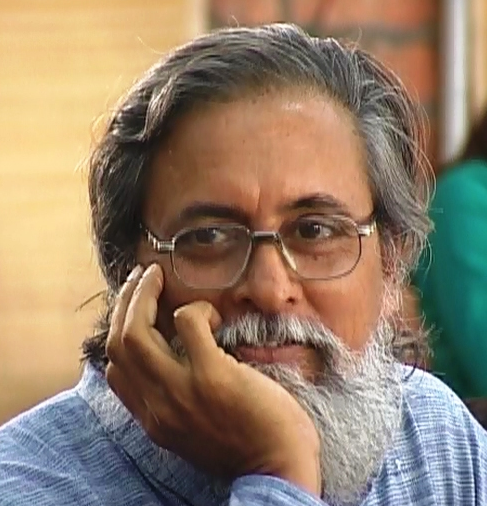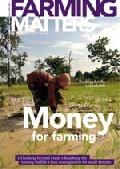Anil Gupta wonders why, if biodiversity is so important, there is so much poverty in regions rich in biodiversity. How can we justify the billions of dollars that have been spent on inter-governmental panels with practically no change in the rights of, and opportunities for, the people in these regions? National governments and civil society must bear some responsibility for this situation and for changing it.

In 1990 I wrote a paper, “Why does poverty persist in regions of high biodiversity?” Since then much more evidence has emerged to show that the regions with the most malnourished children almost completely overlap with the biodiversity-rich regions. How can we justify the billions of dollars that have been spent on inter-governmental panels with practically no change in the rights of, and opportunities for, these people? National governments and civil society must bear some responsibility for this situation and for changing it. I propose a few policy changes to make a small dent on the situation.
Every scholar, company or state agency collecting knowledge and/or resources from a local region must be obliged to share the findings, and the use they have put that knowledge to, with the local knowledge and resource providers. The default condition must be an acknowledgement of every substantive personal communication used in publications and/or product or service development. To date there has not been a very good record of benefit-sharing. Most companies using resources from tribal regions share hardly any benefit with the tribal communities, either in terms of knowledge, monetary or other material benefits, capacity building, etc.
An internationally co-ordinated research programme must be mounted to add value to local brews, local grains and other foods, many of which can provide a valuable source of nutraceuticals. Such an investment would pay for itself very quickly, and would have a strong poverty reducing effect. For instance, opuntia fruit provides a wonderful purple dye and a single cup of a drink based on it can provide half of the daily iron requirement of a person. The cactus from which this fruit comes is collected by the very poorest people because of the discomfort in harvesting the fruits. The genebanks worldwide lack such information.
We can all monitor our consumption patterns and identify the scope for using products and services provided by disadvantaged people in high risk environments. This is the only way we can connect our lives to theirs in a positive manner. Without doing so, peace and sustainability are out of question. The increasing recourse to violence by disaffected tribal people should make us realize the urgency of the current situation. Can the UN and other bodies not regularly disseminate precise indicators and information about how consumption in everyday life can be switched so that it supports biodiversity conservation?
Text: Professor Anil Gupta
Professor Anil Gupta teaches innovation management at the Indian Institute of Management in Ahmedabad. He is the founder of the Honey Bee Network (www.sristi.org), which collects and disseminates traditional knowledge and helps facilitate grassroots innovation.

